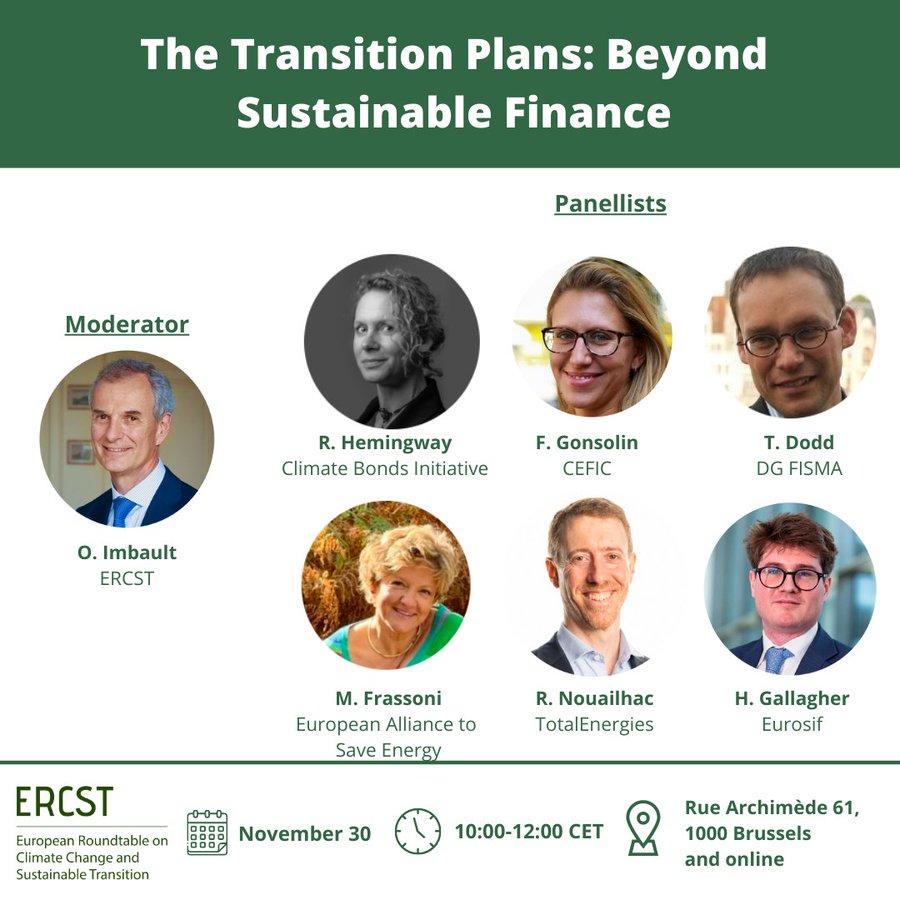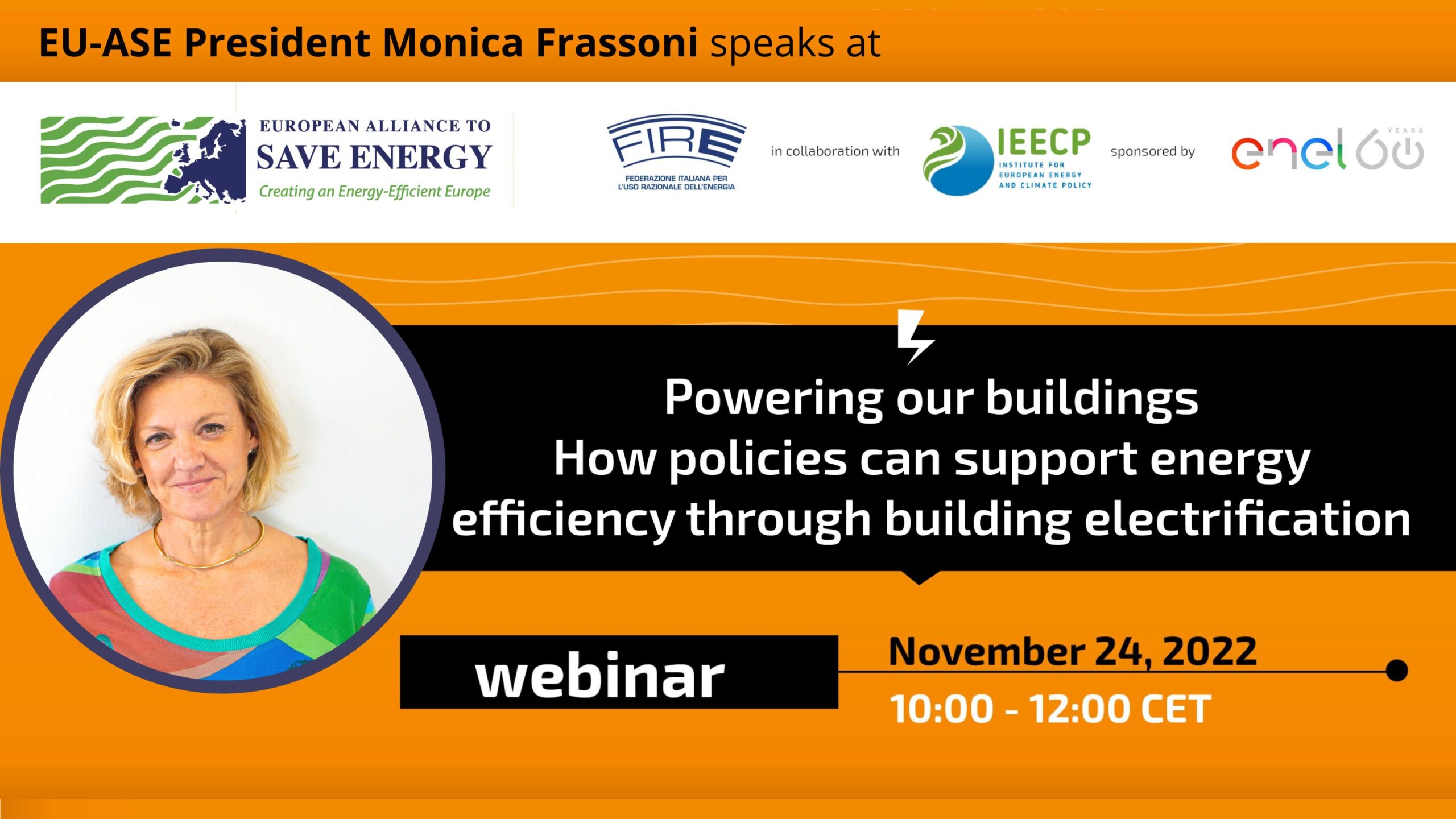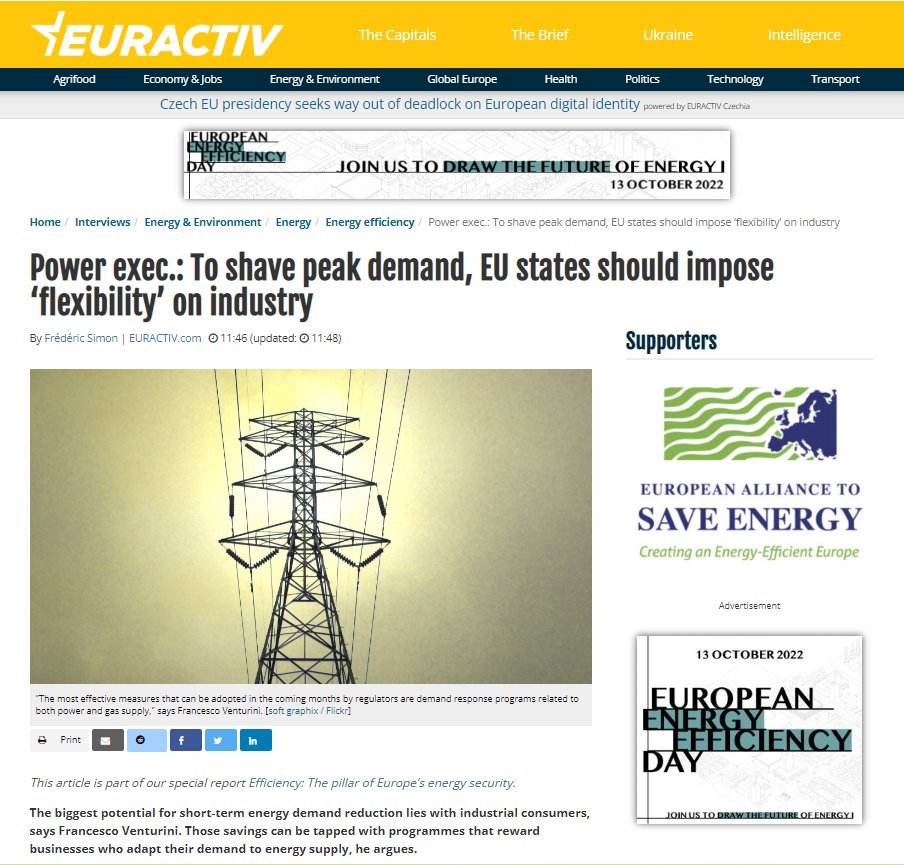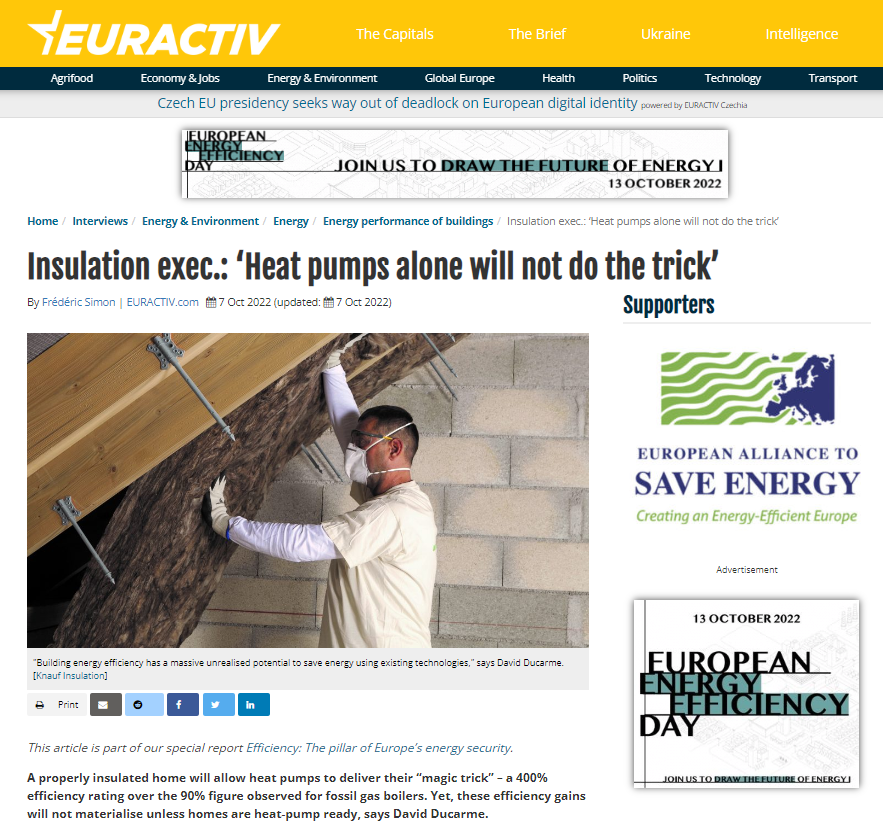EU-ASE at Kyoto Club webinar: EU updates and the EPBD & EED directives.
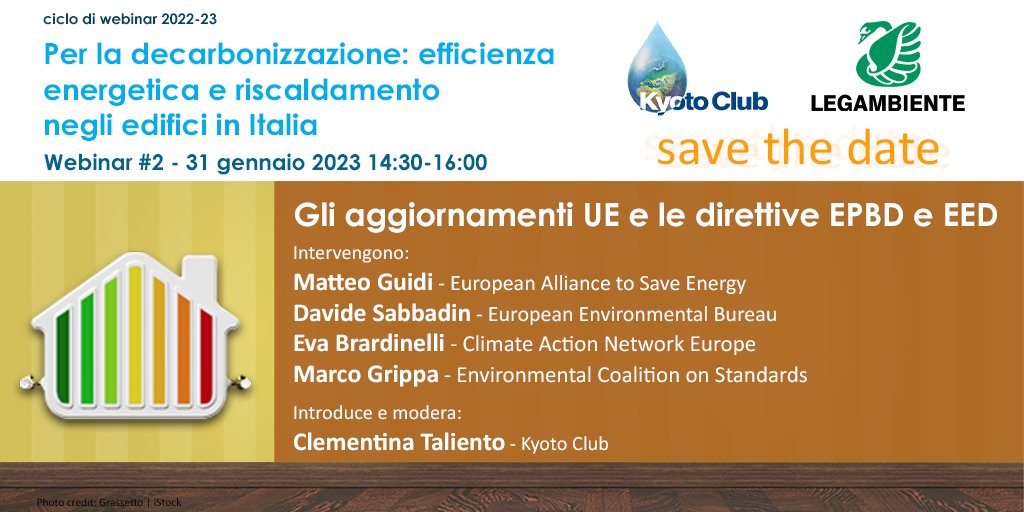
On Tuesday 31 January, EU-ASE Policy and Advocacy Advisor Matteo Guidi spoke at the second webinar of the new cycle of the Legambiente and Kyoto Club’s “For decarbonisation: energy efficiency and heating in buildings in Italy” awareness campaign.
The webinar titled: EU updates and the EPBD and EED directives aims to build on a campaign to stop the spread of residential heating systems powered by fossil fuels and to raise awareness among the public, companies and public decision-makers by proposing amendment proposals to current Italian and European legislation.
Speakers included:
- Matteo Guidi, Policy and Advocacy Advisor – European Alliance to Save Energy (EU-ASE)
- Davide Sabbadin, Deputy Policy Manager for Climate – European Environmentale Bureau
- Eva Brardinelli, Buildings Policy Coordinator – Climate Action Network Europe
- Marco Grippa, Program Manager – Environmental Coalition on Standards
- Introduction and moderation: Clementina Taliento, Kyoto Club
View more information about the webinar and campaign here.

